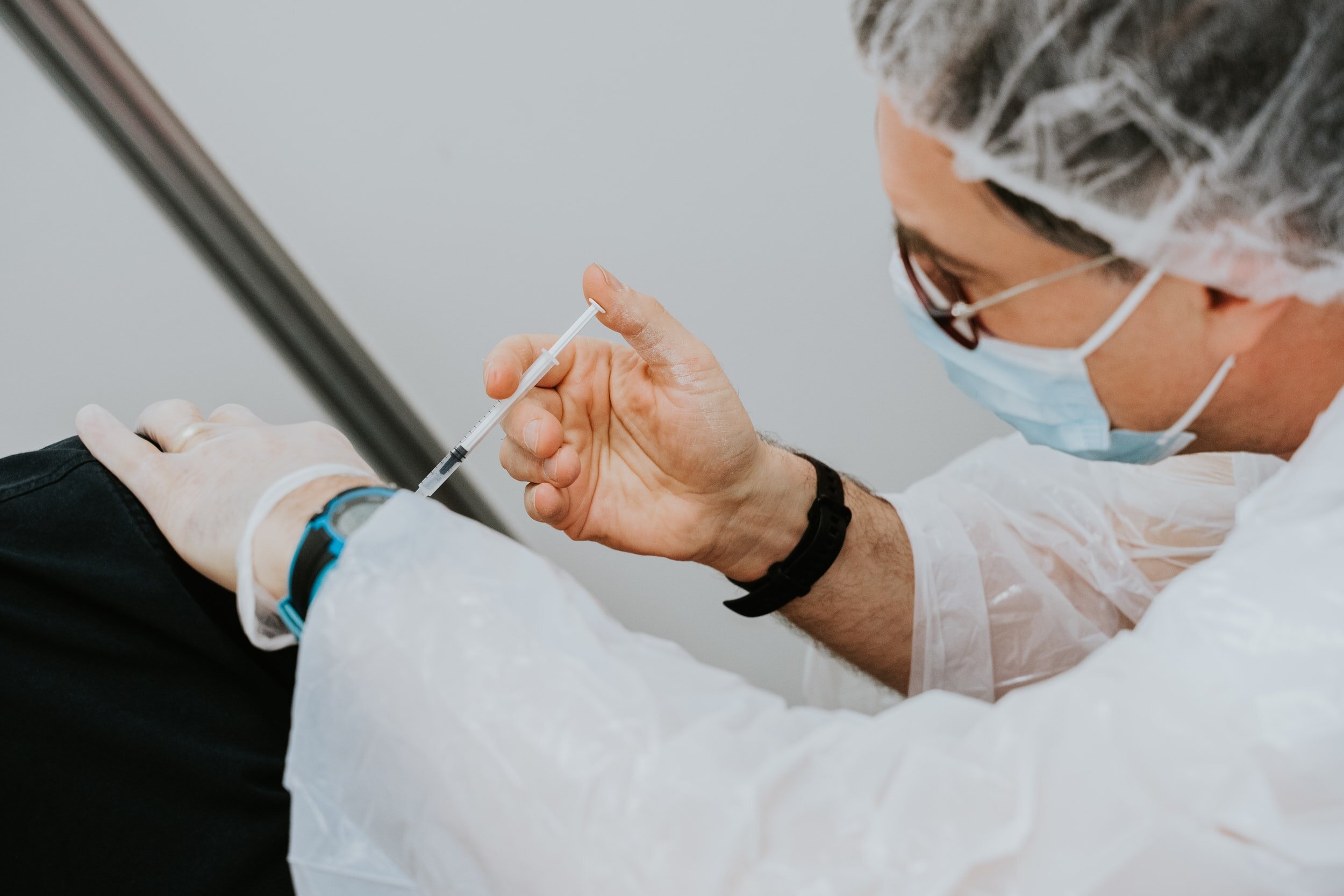
Preventing STIs: Why is it Important?
While many STIs can be cured or treated with medication, the consequences of untreated STIs can include: infertility, pregnancy complications, cervical cancer, pelvic inflammatory disease, birth defects and a 3- to 5-fold increased risk of HIV transmission.
How Can You Prevent Sexually Transmitted Infections (STIs)?
Abstinence
The most reliable way to avoid infection is to not have sex (i.e., anal, vaginal or oral).
Vaccination
Vaccines are safe, effective, and recommended ways to prevent hepatitis B and HPV. HPV vaccination is recommended for preteens ages 11 or 12 (or can start at age 9) and everyone through age 26, if not vaccinated already. Vaccination is not recommended for everyone older than age 26 years. However, some adults age 27 through 45 years who are not already vaccinated may decide to get the HPV vaccine after speaking with their doctor about their risk for new HPV infections and the possible benefits of vaccination. HPV vaccination in this age range provides less benefit as more people have already been exposed to HPV. You should also get vaccinated for hepatitis B if you were not vaccinated when you were younger.
Reduce Number of Sex Partners
Reducing your number of sex partners can decrease your risk for STIs. It is still important that you and your partner get tested, and that you share your test results with one another.
Mutual Monogamy
Mutual monogamy means that you agree to be sexually active with only one person, who has agreed to be sexually active only with you. Being in a long-term mutually monogamous relationship with an uninfected partner is one of the most reliable ways to avoid STIs. But you must both be certain you are not infected with STIs. It is important to have an open and honest conversation with your partner.
Use Condoms
Correct and consistent use of the male latex condom is highly effective in reducing STI transmission. Use a condom every time you have anal, vaginal, or oral sex.
If you have latex allergies, synthetic non-latex condoms can be used. But it is important to note that these condoms have higher breakage rates than latex condoms. Natural membrane condoms are not recommended for STI prevention.
Talk With Your Partners
Talking about sexual health with your partner(s) is a good way to help protect your health. Discuss previous STI testing experiences including dates/times, frequency (how often), and the types of test that was conducted. Being honest with each other lets you figure out what healthier sex practices are best for your situation.







